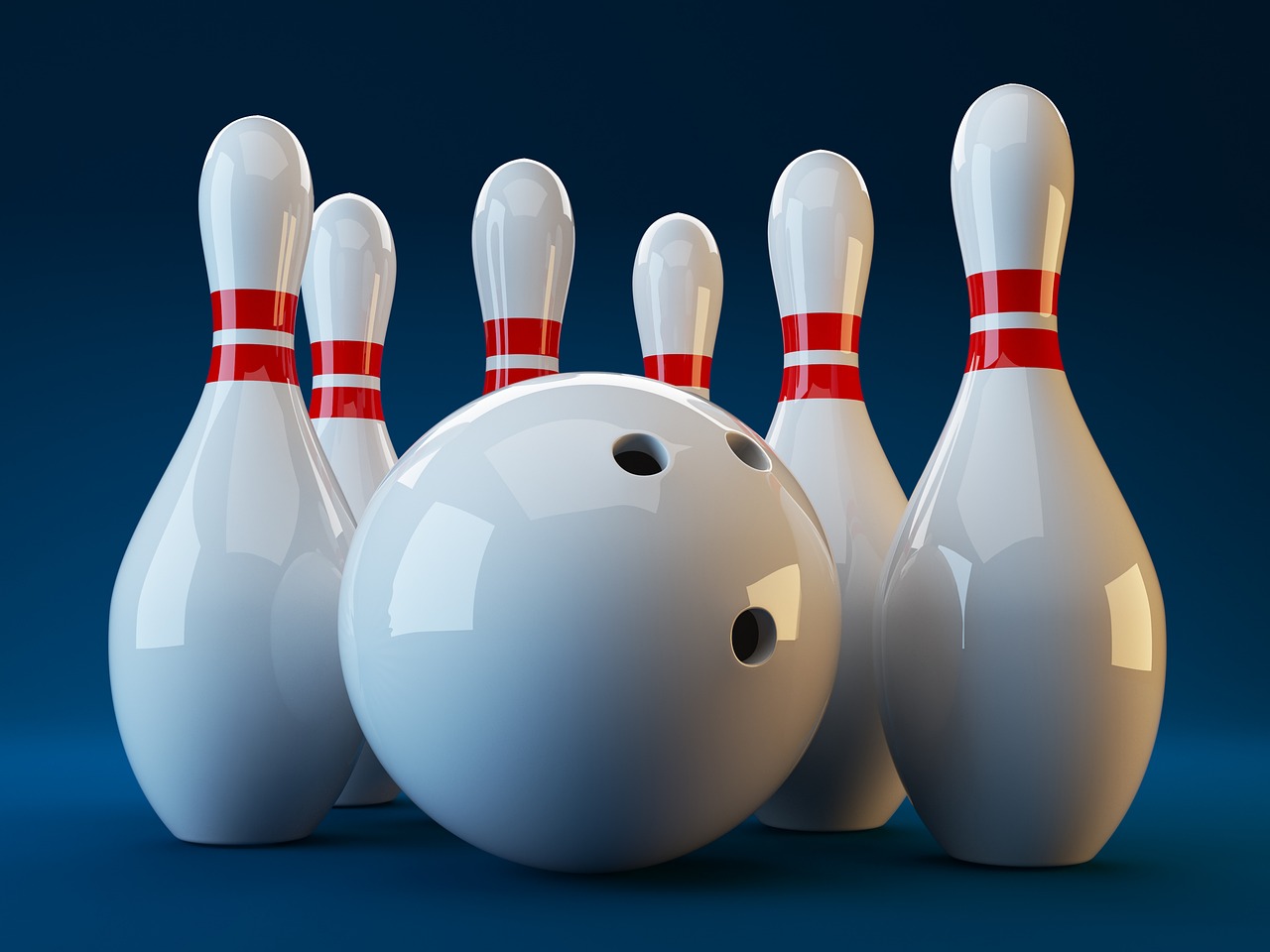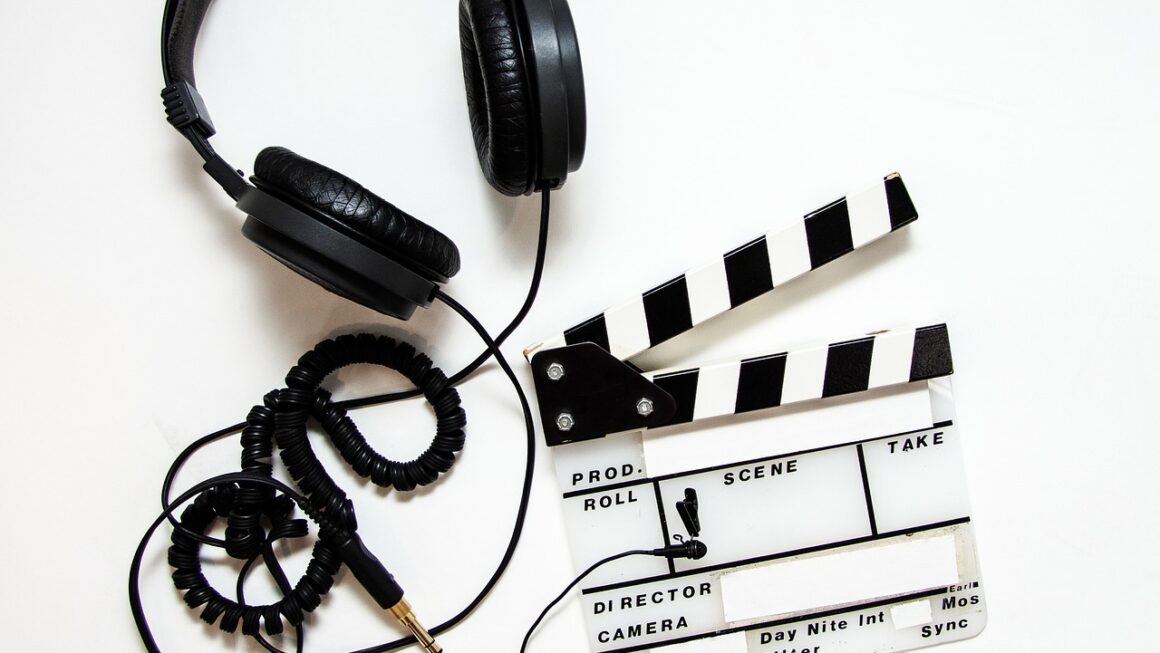Comedy shows have an undeniable power to uplift, connect, and offer a much-needed escape from the everyday. Whether you’re seeking a night of raucous laughter at a stand-up gig, a thought-provoking comedic play, or the whimsical world of improv, the realm of comedy offers something for everyone. This guide dives deep into the vibrant world of comedy shows, exploring the different types, where to find them, and how to make the most of your experience.
Exploring the Different Flavors of Comedy
Comedy is a broad genre, encompassing a variety of styles and formats. Understanding these nuances can help you find the perfect show to tickle your funny bone.
Stand-Up Comedy: The Lone Wolf Approach
Stand-up comedy is perhaps the most recognizable form, featuring a single comedian taking the stage, armed with nothing but a microphone and their wit.
- Key Features: Focus on observational humor, personal anecdotes, and social commentary. Sets typically range from 15 minutes to an hour or more.
- Example: Think of legendary comedians like Dave Chappelle, known for his insightful social commentary, or the quick-fire wit of Sarah Silverman.
- Where to Find It: Comedy clubs are the traditional home of stand-up, but you can also find shows at theaters, bars, and even unconventional spaces like breweries. Platforms like Netflix and Amazon Prime also offer a vast library of stand-up specials.
Improv Comedy: Spontaneity Rules
Improvisational comedy is all about creating scenes and characters on the spot, based on audience suggestions. This unscripted format guarantees a unique and unpredictable experience every time.
- Key Features: Collaborative performance, audience participation, and the “yes, and…” principle, where performers build upon each other’s ideas.
- Example: Groups like Second City and Upright Citizens Brigade are renowned for their improv talent and training.
- Where to Find It: Dedicated improv theaters are common in major cities. Many community theaters also host improv nights. Look for workshops if you’re interested in trying it yourself!
Sketch Comedy: Bite-Sized Funny
Sketch comedy involves short, pre-written scenes that often satirize everyday life, pop culture, or political events.
- Key Features: A series of unrelated sketches, often with recurring characters or themes. Emphasis on writing and performance skills.
- Example: Shows like Saturday Night Live and Key & Peele are prime examples of sketch comedy.
- Where to Find It: Sketch comedy groups often perform in smaller theaters or at comedy festivals. Online platforms like YouTube are also a great source for sketch comedy content.
Theatrical Comedy: Laughing on the Stage
Theatrical comedies encompass a wide range of comedic plays, from classic farces to contemporary satires.
- Key Features: Structured narratives, character development, and comedic timing.
- Example: Plays like Noises Off by Michael Frayn or The Importance of Being Earnest by Oscar Wilde are beloved examples of theatrical comedy.
- Where to Find It: Check your local theater listings for comedic plays being performed. University theater programs often stage comedies as well.
Finding Comedy Shows Near You
Locating the perfect comedy show requires a bit of research. Here are some tips:
Leveraging Online Resources
The internet is your best friend when it comes to finding comedy shows.
- Comedy Club Websites: Most comedy clubs have websites with show schedules, comedian bios, and ticket information.
- Event Listing Sites: Websites like Eventbrite, Meetup, and local listings sites often feature comedy events.
- Social Media: Follow comedy clubs, comedians, and improv groups on social media to stay updated on their upcoming shows.
- Review Sites: Check out reviews of comedy clubs and shows on sites like Yelp to get an idea of the quality of the performances.
Exploring Local Venues
Don’t overlook the potential for comedy in unexpected places.
- Comedy Clubs: The traditional venue for stand-up comedy, offering a dedicated space and a curated lineup of performers.
- Bars and Pubs: Many bars host open mic nights or smaller comedy showcases.
- Theaters: Both large and small theaters often feature comedic plays or stand-up performances.
- Universities and Colleges: College campuses often host comedy shows, featuring both student performers and professional comedians.
- Community Centers: Some community centers offer comedy workshops or host performances by local groups.
Tips for Attending a Comedy Show
Making the most of your comedy show experience involves more than just buying a ticket.
Pre-Show Preparation
A little planning can go a long way.
- Read Reviews: Check out reviews of the comedian or show beforehand to get an idea of what to expect.
- Dress Comfortably: You’ll be sitting for a while, so choose clothing that allows you to relax and enjoy the show.
- Arrive Early: This gives you time to find your seat, grab a drink, and soak up the atmosphere.
- Check Venue Policies: Some venues have specific rules about food, drinks, and photography.
During the Show
Being a good audience member is essential.
- Be Respectful: Avoid talking or texting during the performance.
- Laugh Loudly (But Appropriately): Show your appreciation for the comedian’s efforts, but avoid disruptive outbursts.
- Participate (When Invited): If the comedian asks for audience participation, be willing to contribute in a respectful and appropriate manner.
- Tip Appropriately: If there’s a server, be sure to tip them for their service.
Post-Show
Extend the fun beyond the performance.
- Share Your Thoughts: Leave a review online or tell your friends about the show.
- Support the Performers: Follow the comedian or group on social media or buy their merchandise.
- Reflect on the Humor: Think about what made you laugh and why.
The Health Benefits of Laughter
Beyond the entertainment value, comedy shows offer a range of surprising health benefits.
Physical Benefits
Laughter truly is the best medicine.
- Stress Reduction: Laughter releases endorphins, which have mood-boosting and stress-reducing effects. A 2017 study in the journal Stress found that laughter significantly reduced levels of cortisol, the stress hormone.
- Pain Relief: Endorphins also act as natural painkillers.
- Immune System Boost: Laughter can increase the production of antibodies and activate immune cells.
- Cardiovascular Health: Laughter can improve blood vessel function and increase blood flow.
Mental and Emotional Benefits
Comedy can be a powerful tool for mental well-being.
- Mood Enhancement: Laughter instantly improves your mood and can help you feel more optimistic.
- Social Connection: Sharing a laugh with others creates a sense of connection and belonging.
- Perspective Shift: Comedy can help you see things in a new light and find humor in difficult situations.
- Emotional Release: Laughter can be a healthy way to release pent-up emotions and relieve tension.
Conclusion
Comedy shows are more than just a source of entertainment; they’re a gateway to connection, laughter, and even improved well-being. By understanding the different forms of comedy, knowing where to find shows near you, and embracing the experience, you can unlock a world of humor and reap the many benefits that come with it. So, go ahead, explore the comedic landscape, find a show that speaks to you, and prepare to laugh your way to a better day.




